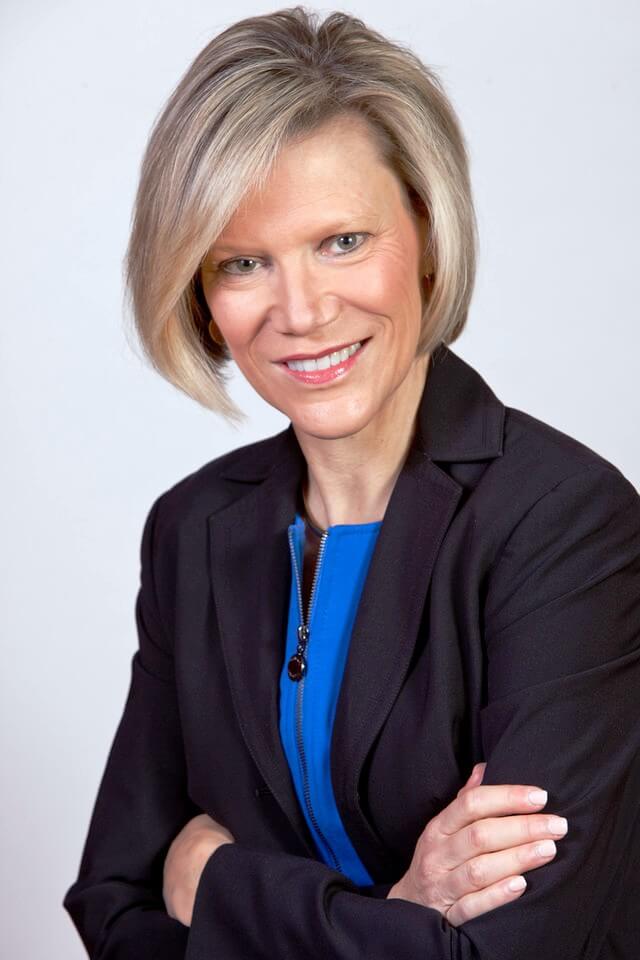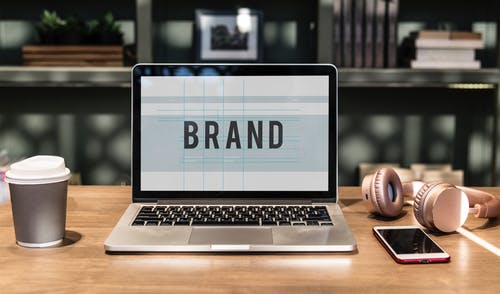Nail Your Interview with an Insightful Brand Statement

We often think of a brand statement as applicable to a company, but did you know you have a personal brand statement as well? When preparing for an interview, your priority should be creating a confident, accurate brand statement. This is a personal summary of who you are, your skills, and attributes you bring. You must be clear, succinct, and land the message.
After you have brushed up your resume and you researched the organization., how do you ensure that you not only make a good first
Develop a Brand Statement
It is essential that you know your personal brand and
Your brand statement concisely defines:
- Your skills
- The value system you bring to work–for example, how you are:
- dependable
- professional
- responsible
- creative
When I work with clients to create their brand statement, we use a self-assessment tool and value system exercise, but you can do the same if you are honest with yourself about your skills and principles. Here is a framework:
- I am [your background] who [statement about a core strength].
- I provide [three to four key points about your strengths].
- I bring [statement about your values or how you do your job].


Stories stick in the brain more easily than generalizations.
Here are two examples of real brand statements:
(Ex.1)
I am a successful executive who loves a challenge.
I provide:
- Big picture clarity,
- Well-organized action and
- Polished presentation
I bring professionalism, integrity, politeness, and self-awareness to my work.
(Ex.2)
I am an outgoing CPA who is focused on collaboration and teamwork to tackle tough accounting issues.
I provide:
- Translation between highly technical tax regulation and business operations,
- Collaboration with key business personnel,
- Articulate summaries of tax challenges and issues, and
- Practical business-minded solutions that save time and money.
I bring integrity, courtesy, credibility, and helpfulness to my work.
Use Examples
Most interviewees talk in broad generalizations, but generalizations are fuzzy and forgettable. If you state, “I’m well organized,” follow it with a specific, concise example where you used organizational skills to produce a key product. Examples make it easier to understand the value of the skill in a practical, real-world situation.
Plus, examples are essentially short stories. Stories stick in the brain more easily than generalizations. Have a short example for each point in your brand statement under the “I provide…” section.
Land your message
Most interviewees ramble. The interviewer easily gets lost in the onslaught of words and may struggle to catch the key points, much less remember them. Make it easy for the interviewer by emphasizing examples of the main messages in your brand statement throughout the interview. Instead of ending with pleasantries, end the interview with a short, strong summary of your brand statement and tie it specifically to this position. Make it clear why you are THE choice for the job. Ending with your brand statement ensures that you manage the last impression and that you leave them with the main points about you.
Bring insight into your interviewing skills by defining your brand statement, using real-life examples and landing your message. You will stand out from the crowd … for sure!

CAREER ADVICE

GOV TALK




